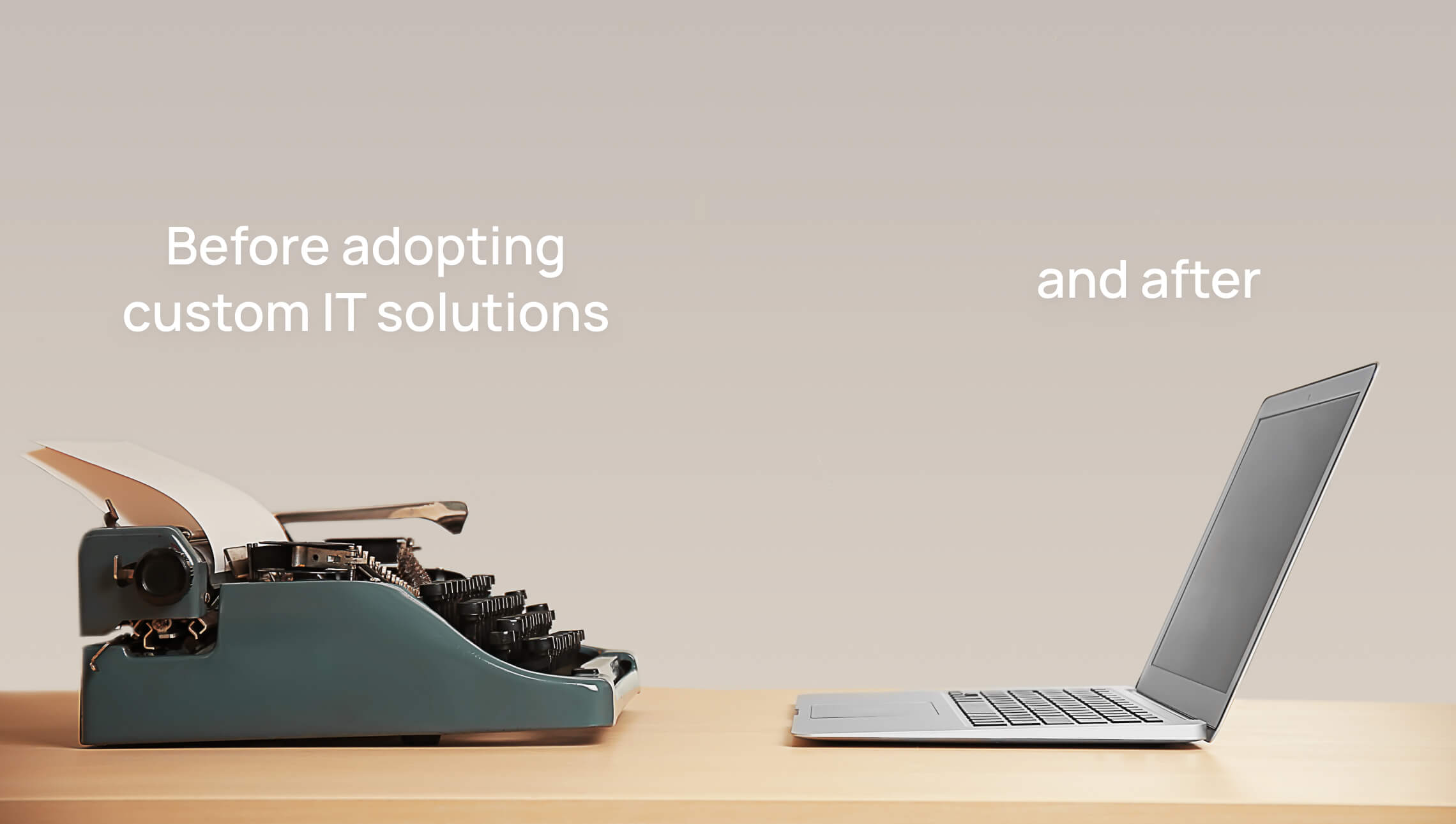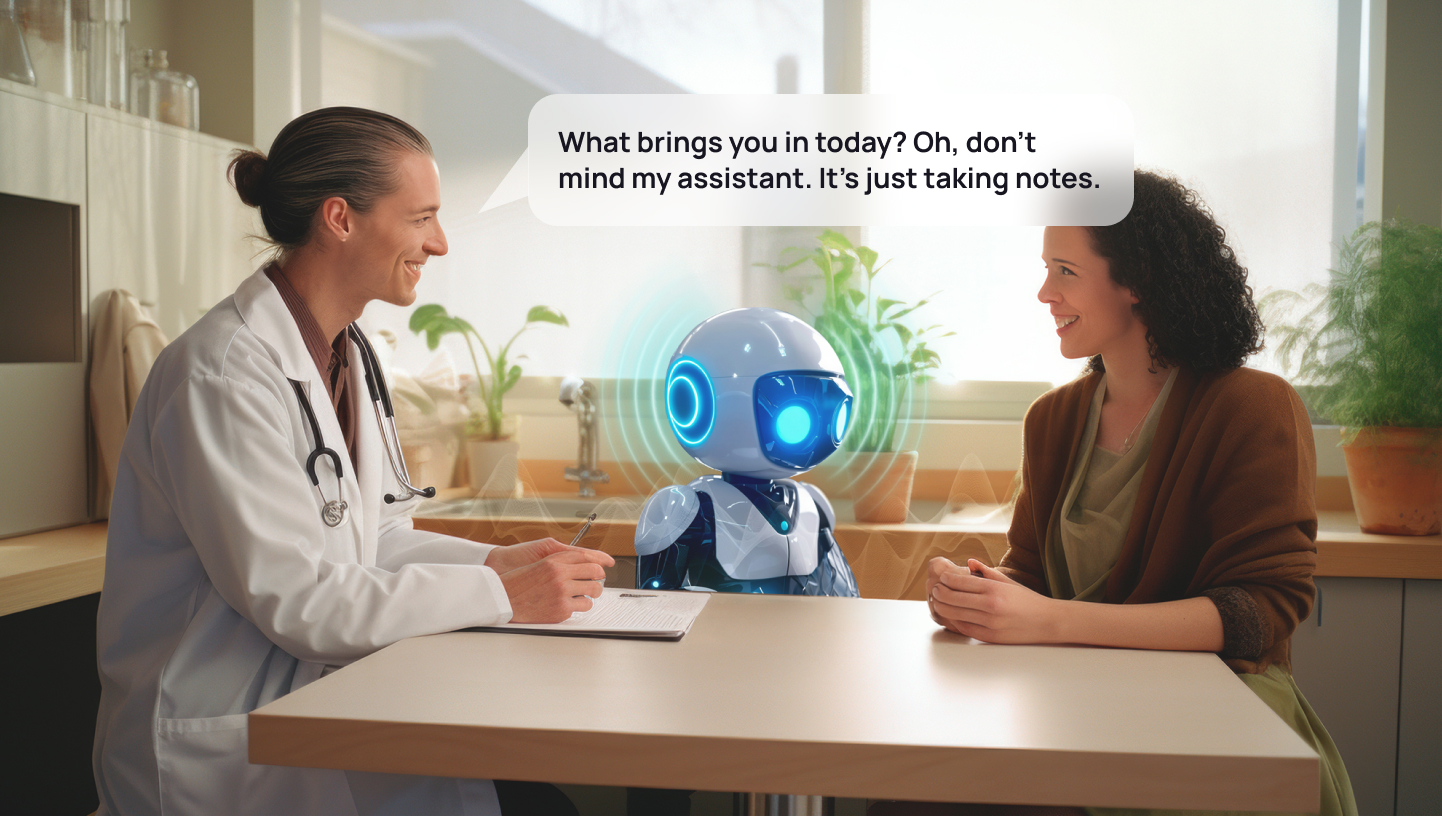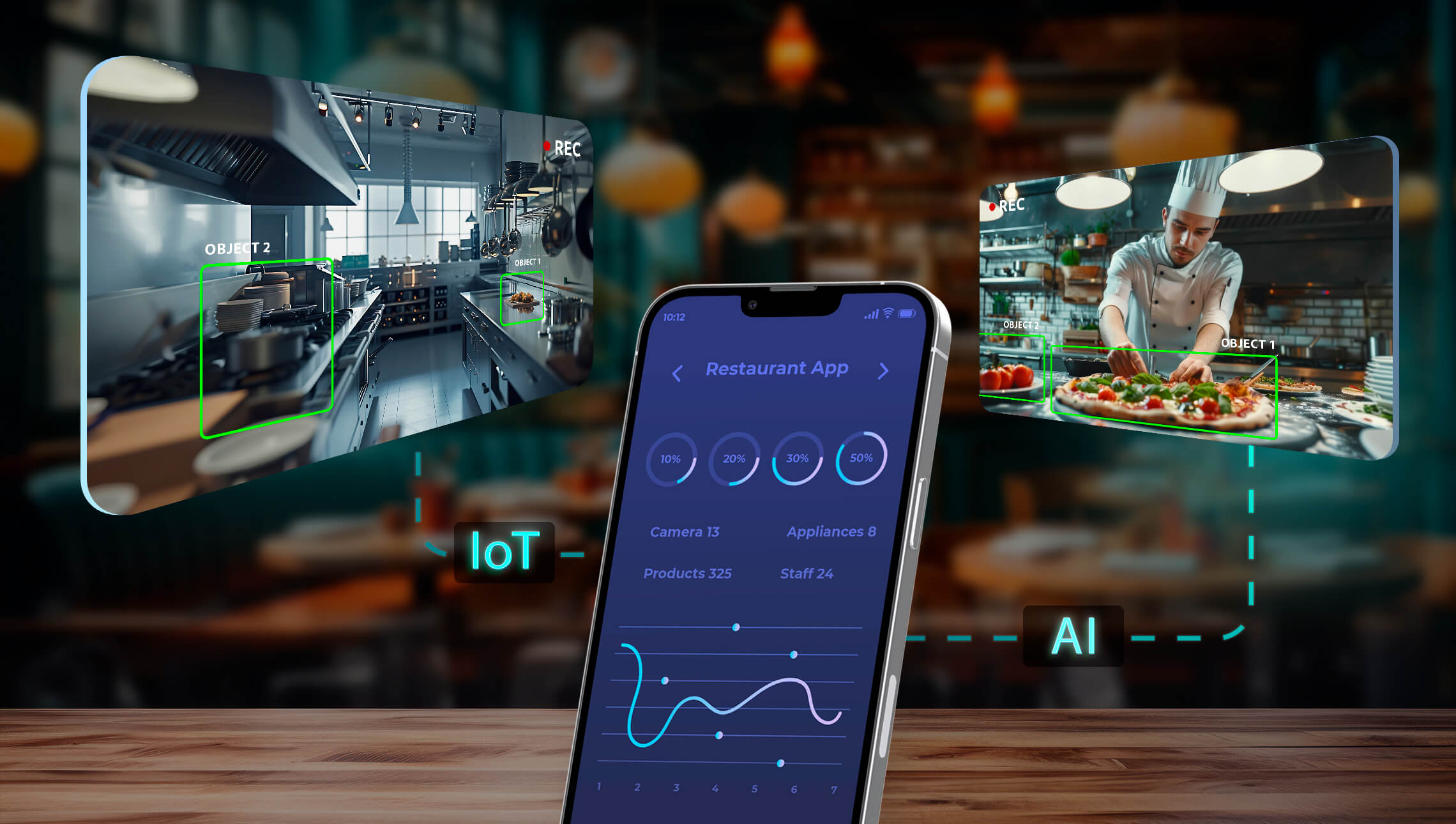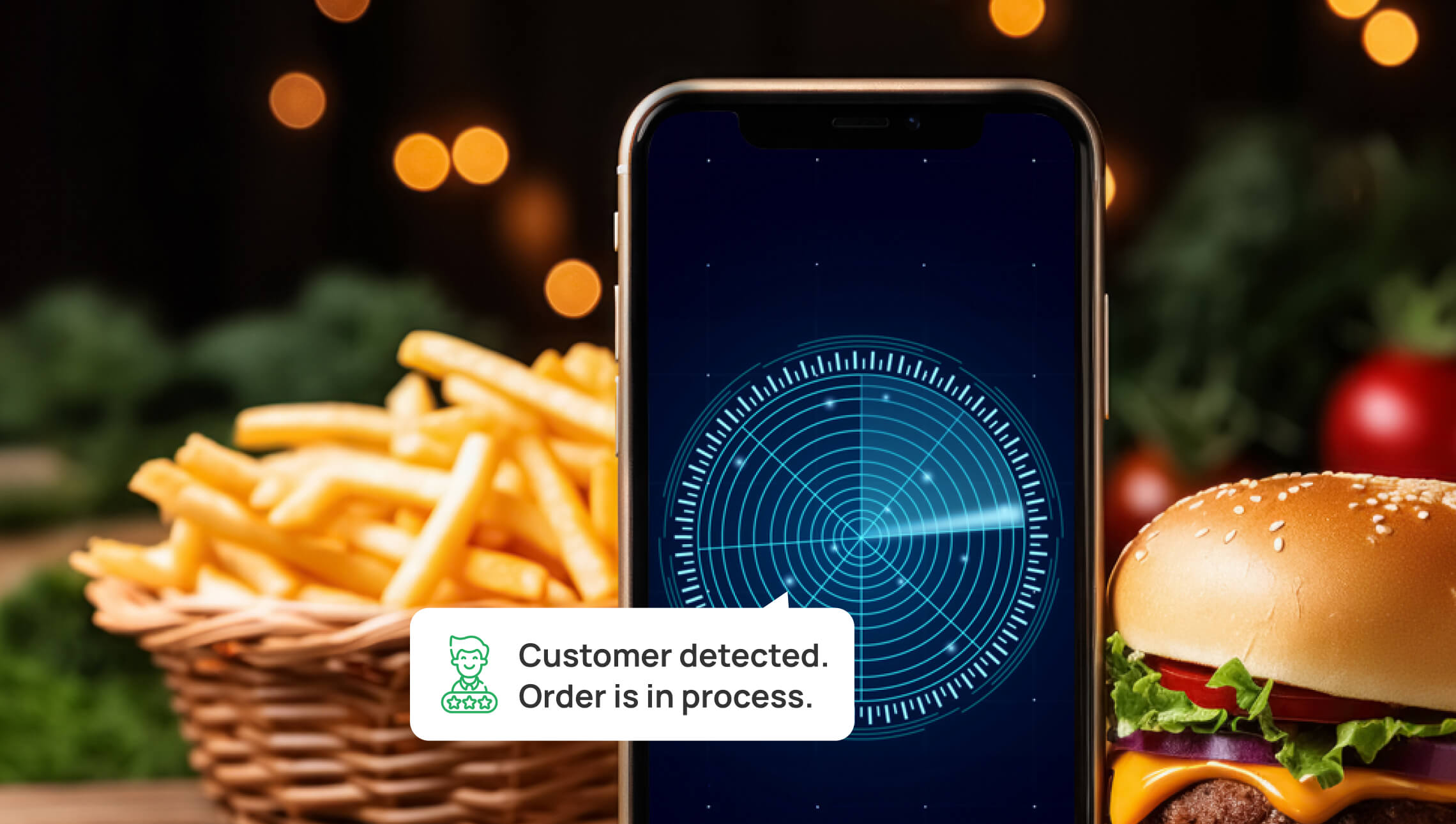Improving Administrative Side With Custom Hospital Billing Application

Patient care is obviously the most important, though not the only part of daily hospital life. There are also back-house operations and administrative functions that make the entire system operate smoothly. And one of them is medical billing.
Creating, submitting, and tracking patient claims can be quite overwhelming and time-consuming for medical professionals, especially if done manually. That’s what billing software is for. A well-built custom hospital billing application takes the hassle out of insurance claim management and allows providers to make sure they get fully and timely reimbursed for the work they do.
Below, we will talk about the benefits a custom medical billing solution may bring to your practice and what features it should have.
Why Build a Custom Application for Hospital Billing
Automation

The first and most obvious benefit of creating a custom application for hospital billing is automation, let alone this is the primary goal of investing in electronic billing technology. Manual processing of claims and invoices is a tedious and time-consuming process that distracts physicians from their primary task — care delivery. With billing software in place, providers can forget about paperwork completely and focus on patients.
Decreased Human Error
According to a 2017 study by Medliminal Health Solutions, the US leading expert in healthcare advocacy and medical cost containment, over 90% of medical claims contain billing errors, causing healthcare providers heavy reputational and financial losses and leading to poor care, patient injury, and death.
Common billing mistakes include upcoding, undercoding, miscoding, duplicate billing, and entering incorrect patient information. While sometimes they are made by providers intentionally, in order to abuse the system and overcharge patients, in most cases, they occur due to negligence, misinterpretation, unclear handwriting, or a lack of knowledge of the changing medical codes.
Implementing a custom hospital application is a great way for providers to avoid costly billing and coding errors. With billing software that can identify and highlight all errors automatically, billers don’t have to double-check all fields in claims before submission manually. If an insurance company denies a claim because of an error, with the right technology it takes a few clicks, not days or weeks, as with paper billing, to detect and correct it.
There’s also no need for providers to remember complex medical codes or check for the latest updates. The software will offer a list of necessary codes for procedures and diagnosis to select from and update them as soon as there are any modifications.
Data Security
Data security is a chief concern for healthcare providers who store gigabytes of individuals’ sensitive data such as personally identifiable information, billing addresses, health insurance details, medical history, etc. The consequences of leaking such information for patients are devastating: exposure of personal information, medical and financial identity theft, and skepticism about sharing their data on top of that.
So far this year, over 40 million individuals fell victim to healthcare data breaches. And with the pandemic showing no signs of easing, the number won’t seem to decrease in 2022 with providers relying on digital technology to deliver care remotely.
However, building a custom cloud-based application for hospital billing can help reduce the risk of healthcare breaches significantly. Keeping all patient data encrypted and securely stored with a reliable service provider is obviously much safer than storing piles of paper documents on hospital shelves where anyone can read or steal them.
Must-Have Features of a Custom Hospital Billing Application

Cloud
When building a custom hospital billing application, more and more healthcare providers opt for the cloud. And the main reason for that is data accessibility. Cloud-based software ensures remote, anytime access to data, which may be especially useful for providers whose practice operates over several locations or whose patients visit multiple locations. They can generate, submit and track claims, exchange information with other medical systems in real time and from any device.
Moreover, the cloud, as we’ve mentioned above, is also a safer alternative to on-premises hosting. All data will be securely stored, regularly backed up, and encrypted both at rest and in motion to protect against cybersecurity attacks.
Automated Claims Management
Electronic claims management is the most important feature of medical billing software. It allows providers to reduce the amount of paperwork and save medical staff plenty of time by automating manual, time-consuming tasks such as patient information entry, claims generation, scrubbing, submission, and tracking.
Patient Pre-Registration
Patient pre-registration is a real time saver for both healthcare providers and patients. Traditionally, important patient data is collected manually in the doctor’s office. But with billing software, the whole process is automated and patients can complete intake forms containing their contact details, medical history, insurance information, and more online ahead of the appointment. Not only it significantly improves patient experience but also allows physicians to check insurance coverage beforehand to avoid situations when patients are unable to pay for services already provided or don’t know their current status.
Online Payments
The pandemic has fueled rapid growth in online medical payments, says a June US Bank survey. The number of people who prefer in-person payments is down 20% from last year: in 2021, only 44% of patients paid their bills in the doctor’s office.
It makes digital payments a must-have feature of a successful custom hospital billing application. By accepting credit cards online, healthcare providers can not only improve customer service and reduce COVID-19 risk but also simplify fee processing and increase the likelihood of timely payments.
Integration with EHR/EMR
If a healthcare provider already has an EHR/EMR solution in place, it makes perfect sense to bring it under one roof with a hospital billing application. It will help create a 360-degree view of patients, reduce information gaps, and optimize workflows.
At Softarex, we have built integrated EHR and Medical Billing Software that offers functionality for centralized patient management. It decreases paperwork by 85%, improves data exchange, and ensures 30% time savings.
Reporting and Analytics
Thanks to this feature, confusing financial data is transformed into valuable performance insights. The billing software analyzes all current and previous claims, tracks the practice general revenue and creates detailed reports on reimbursement trends, KPIs, top carriers, A/R aging, and more.
To reap the benefits of medical billing technology, make sure you choose the right vendor. Now you know what functionality to look for.
If you consider building a custom healthcare billing application to fit the needs of your practice, our team can help. We deliver intelligent digital solutions that cover all aspects of medical practice and care management.
Contact us to discuss your project or get a free consultation on implementing technology into your hospital’s daily operations.
By seeing a bigger picture of their financial health, providers can make more informed decisions, pinpoint areas for improvement and growth, and improve practice profitability.
Make Your Hospital Billing Easier with Softarex
To reap the benefits of medical billing technology, make sure you choose the right vendor. Now you know what functionality to look for.
If you consider building a custom healthcare billing application to fit the needs of your practice, our team can help. We deliver intelligent digital solutions that cover all aspects of medical practice and care management.
Contact us to discuss your project or get a free consultation on implementing technology into your hospital’s daily operations.





